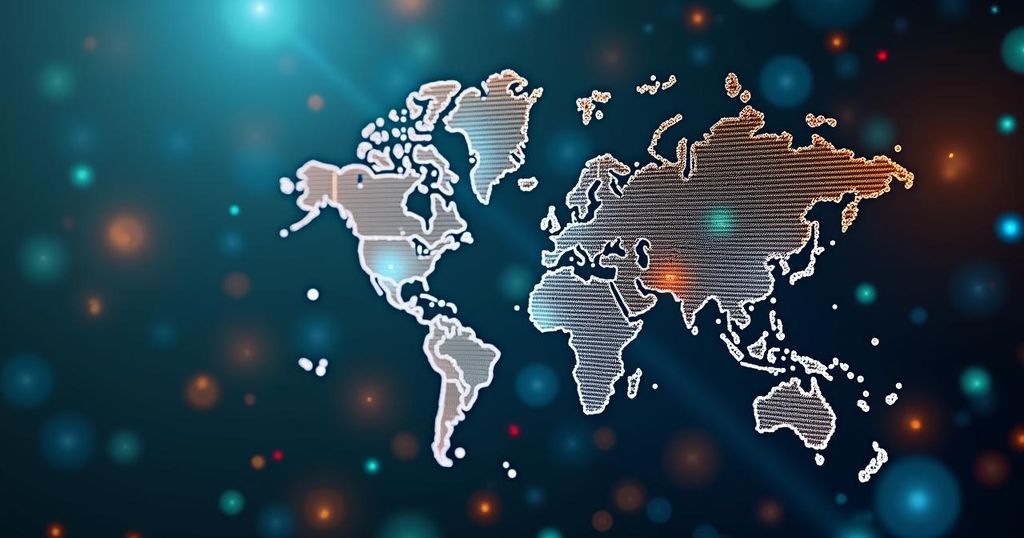Freedom on the Net report indicates a continuing decline in global internet freedom for the 14th year, with Myanmar and China scoring the lowest. Kyrgyzstan shows the most significant downgrade due to government repression of online activities. The report highlights diminishing protections across many countries, with Iceland leading as the freest online environment.
A recent report by Freedom House reveals a troubling trend in global internet freedom, marking its decline for the 14th consecutive year. According to the findings, Myanmar and China share the distinction of possessing the worst environments for internet freedom globally. In the report released on Wednesday, it was noted that Kyrgyzstan experienced the most significant downgrade in internet freedom, attributed to stringent governmental measures under President Sadyr Japarov, which included silencing digital media and limiting online organization. The authorities in Kyrgyzstan have closed the website Kloop, an investigative news platform that reported on alleged human rights abuses. The Freedom on the Net (FOTN) report outlines that protections for human rights online suffered losses in 27 out of the 72 countries examined. Myanmar has achieved the lowest internet freedom score for the first time in a decade, mirroring China, where the state uses a comprehensive set of controls, famously known as the “Great Firewall,” to suppress any content deemed threatening to the ruling Communist Party. As a part of ongoing repression, the Myanmar military regime has increased censorship and surveillance policies to stifle dissent, even banning access to virtual private networks (VPNs) used to circumvent these restrictions. In response to the report, a spokesperson for China’s Ministry of Foreign Affairs, Mao Ning, rejected the findings as baseless and suggested that citizens “enjoy various rights and freedoms in accordance with the law.
The issue of internet freedom is increasingly critical as governments across the globe employ various means to control information online. The annual Freedom on the Net report, produced by the pro-democracy research group Freedom House, examines how governmental policies affect the accessibility and freedom of the internet in multiple countries. With a growing emphasis on suppressing dissent and controlling narratives particularly evident post-2020 across many regions, this year’s findings underscore a concerning trend towards increased governmental control and restriction on digital activism and speech.
In summary, the Freedom on the Net report highlights an alarming degradation of internet freedom, particularly in Myanmar and China, marking these nations as the most oppressive regarding online rights. Kyrgyzstan’s severe restrictions further exemplify this global trend, while Iceland remains a beacon of online freedom. The implications of these restrictions are profound, affecting how individuals engage in civic discourse and access important information that shapes their lives.
Original Source: www.aljazeera.com







